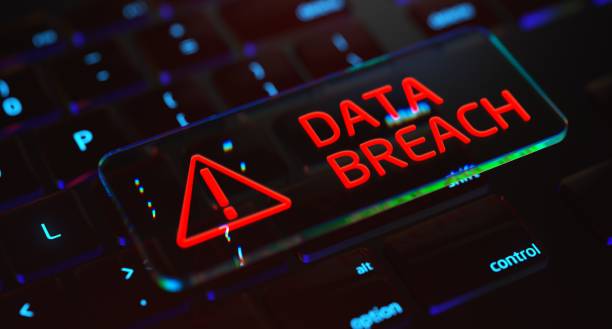Chief Information Security Officer (CISO): Job Description and Responsibilities
The Chief Information Security Officer (CISO) is a senior-level executive responsible for overseeing and implementing an organization’s overall cybersecurity strategy. The CISO plays a critical role in protecting an organization’s information assets from cyber threats.
JOB DESCRIPTION
The CISO is responsible for:
- Developing and implementing a comprehensive cybersecurity strategy
- Leading a team of security professionals
- Conducting risk assessments and vulnerability testing
- Implementing security measures such as firewalls and encryption
- Developing incident response plans and procedures
- Coordinating with other departments to ensure security awareness and training
- Staying up-to-date with the latest cybersecurity threats and technologies

RESPONSIBILITIES
The CISO’s top priority is to protect sensitive data and systems from cyber threats. This means keeping personal information, financial data, and other confidential information safe from hackers and other cyber criminals. For example, a CISO at a bank would ensure that customer account information is encrypted and secure.
The CISO must also ensure that their organization complies with relevant laws and regulations related to cybersecurity. This might include implementing specific security measures or reporting certain types of cyber incidents to authorities. For instance, a CISO at a hospital would ensure that patient data is handled in accordance with HIPAA regulations.
The CISO is responsible for developing and managing the security budget. This means deciding how much money to spend on security measures like firewalls, antivirus software, and security training for employees. For example, a CISO at an e-commerce company might allocate a certain amount of money to improve the security of their website and protect customer data.
The CISO must communicate security risks and strategies to senior management and the board of directors. This means explaining complex security issues in a way that non-technical leaders can understand. For instance, a CISO at a tech company might explain the risks of a particular cyber threat and how they plan to mitigate it.
The CISO builds relationships with law enforcement and other external partners to stay informed about the latest cyber threats and best practices. This might include collaborating with other companies in the same industry or working with cybersecurity experts to share knowledge and resources. For example, a CISO at a financial institution might partner with other banks to share information about cyber threats and best practices for preventing them.

SKILLS AND QUALIFICATIONS
To be a successful CISO, one needs:
- Strong leadership and management skills
- Excellent communication and presentation skills
- Deep understanding of cybersecurity principles and practices
- Experience with security frameworks and regulations
- Strong analytical and problem-solving skills
- Bachelor’s degree in computer science, cybersecurity, or related field
- Certifications such as CISSP, CISM, or CISO
The CISO plays a critical role in protecting an organization’s information assets from cyber threats. If you’re passionate about cybersecurity and want to pursue a career as a CISO, now is the perfect time.
Join eStreet Security University and gain the skills and knowledge you need to succeed. Our comprehensive courses and training programs cover everything from the basics of cybersecurity to advanced topics like security leadership and strategy.
Sign up now and take the first step towards a rewarding career as a CISO!


